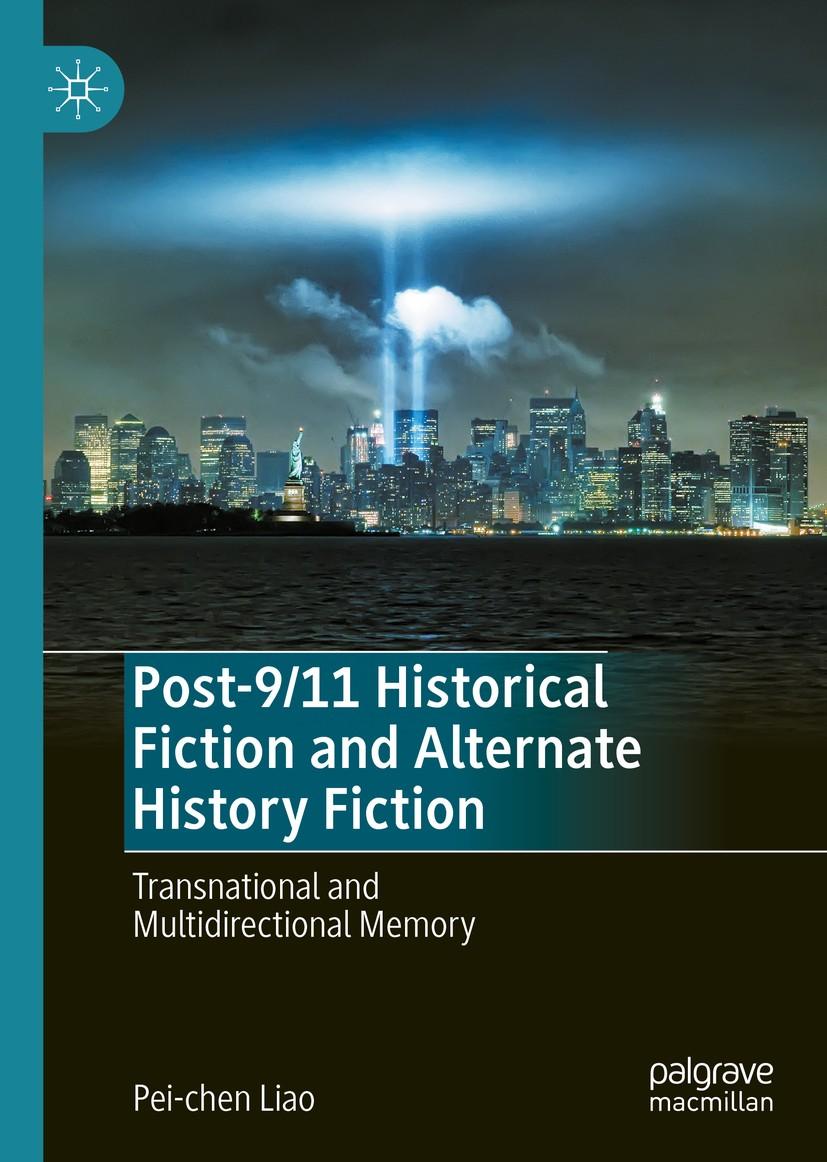
In the years following the tragic events of September 11, 2001, a plethora of documentaries emerged, challenging official accounts and exploring alternative narratives. These films continue to contribute to the public discourse around one of the most defining moments of the 21st century. Below, we delve into some of the documentaries that questioned the events surrounding 9/11 and their lasting impact.
Loose Change Series: The Catalyst for 9/11 Truth Movements
The Loose Change documentary series is perhaps the most well-known of the 9/11 truth genre. Its second edition, often referred to as a recut, propelled the film to viral status, serving as a central piece of material for skeptics and conspiracy theorists alike. Loose Change 2nd Edition (Recut) demanded a reevaluation of the official narrative, suggesting the possibility of an inside job and questioning the collapse of the World Trade Center buildings.
2004: A Turning Point in 9/11 Documentary Filmmaking
The year 2004 marked a critical juncture in 9/11-related media. With information still emerging and public emotion raw, documentaries from that year served as some of the earliest forms of visual media to challenge the mainstream narrative.
Martial Law 9/11: Highlighting Civil Liberties Concerns
![<b>9/11 Loose Change 2nd Edition</b> [DVD - 1h20m] | eBay Australia](/data/SearchPhotos/Photo/17/1720/1720447.JPEG)
With the spotlight on security and counter-terrorism measures post-9/11, Martial Law 9/11: Rise of the Police State (2005) offered a compelling examination of heightened law enforcement tactics and the encroachment on civil liberties. This documentary served as a stark warning against the potential for a police state in the name of national security.
Investigative Pieces Unearthing Uncomfortable Questions
Films like Mohamed Atta & The Venice Flying Circus and Painful Deceptions provided investigative looks into the backgrounds of the 9/11 hijackers and highlighted inconsistencies in their official histories and the security failures that allowed the tragedy to occur.
Questioning Perspectives: The Collection of 9/11 Videos
The Perspective on 9-11 Video Collection gathered a variety of viewpoints, creating a multifaceted repository of theories and counter-arguments. The collection encouraged viewers to explore multiple angles and form their conclusions about the events of that fateful day.
Cultural Perception and Bigotry in Protocols of Zion

Protocols of Zion (2005) took an alternative approach, focusing on the ripple effect 9/11 had on cultural perceptions and bigotry. By examining the spread of conspiracy theories and anti-Semitic rhetoric, the film highlighted the dangerous intersection of misinformation and societal fractures deepened by national trauma.
Re-examining the Shadowy Aspects of 9/11
In narrative-form documentaries like The Secret Evil of 9/11 and September 11th, Con, Conspiracy, Cover-Up, filmmakers took a step further by re-imagining the events leading up to and on the day of 9/11. These films often ventured into dramatic theorization, pushing the envelope in questioning through a storytelling lens rather than pure documentary style.
Transcending Tragedy: The Power of Travel
As documentaries continue to shed light on the lesser-known facets of 9/11, they also echo a significant message about the human experience: the profound ability of individuals to seek understanding and connection despite adversity. In this quest, travel plays a vital role, offering paths to different cultures and perspectives that heal and transcend the divisions deepened by tragedies such as 9/11. Whether it’s through visiting memorial sites, engaging with diverse communities, or exploring stories around the globe, traveling allows us to grasp the interconnectedness of our experiences and the shared hope for a more peaceful and inclusive world.